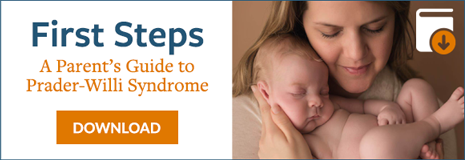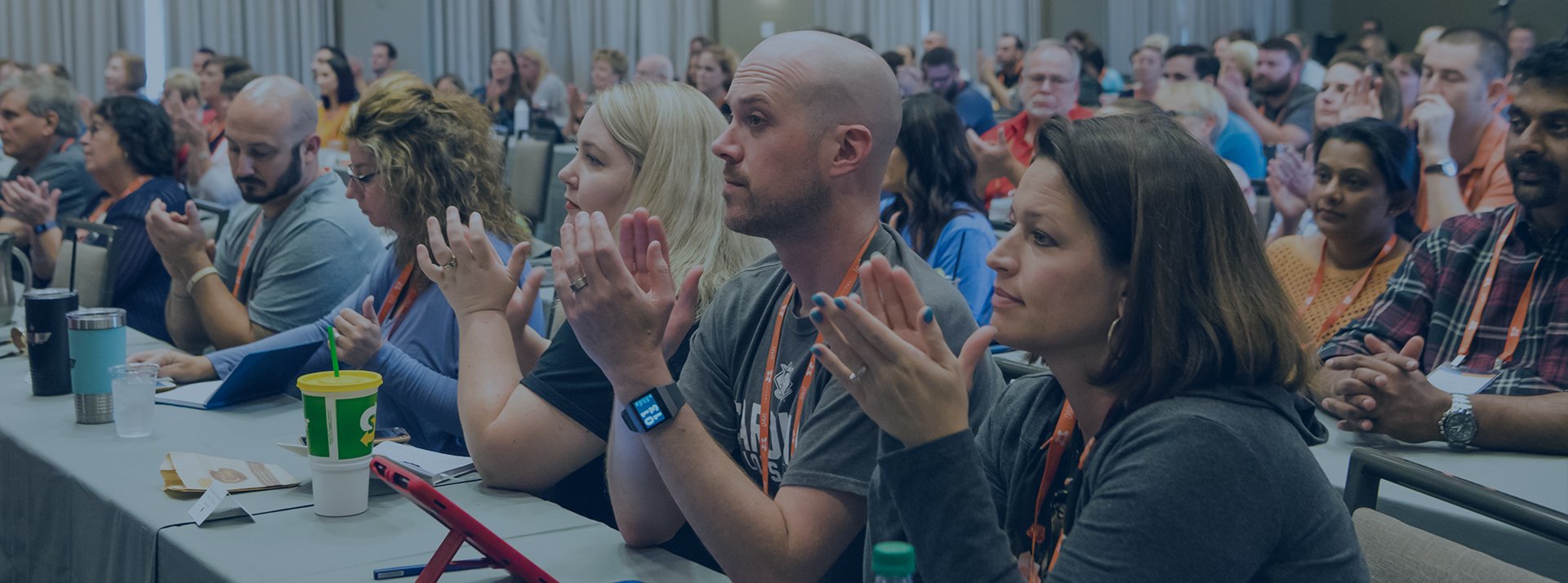FPWR Blog
◀
▶
May is PWS Awareness Month. A time to raise awareness and advance research so we may find new... Read more >
Source: FPWR Blog
|
Published: April 4 2024 - 01:10 PM
◀
▶
In this one hour and 8-minute video, Dr. Theresa Strong, FPWR’s Director of Research Programs,... Read more >
Source: FPWR Blog
|
Published: April 4 2024 - 08:45 AM
◀
▶
Individuals with PWS often exhibit a variety of self-injurious behaviors, and one of the most... Read more >
Source: FPWR Blog
|
Published: April 4 2024 - 08:45 AM
◀
▶
FPWR maintains the latest clinical trial information so that you can stay abreast of trial... Read more >
Source: FPWR Blog
|
Published: April 4 2024 - 08:18 AM
◀
▶
In this 74‑minute video, Dr. Joanna Wrede, a pediatric sleep neurologist at Seattle Children’s... Read more >
Source: FPWR Blog
|
Published: April 4 2024 - 08:45 AM
◀
▶
Harmony Biosciences has initiated its Phase 3 study of Pitolisant and is now enrolling individuals... Read more >
Source: FPWR Blog
|
Published: April 4 2024 - 07:36 AM
◀
▶
Neuren Pharmaceuticals is now enrolling children with PWS in a phase 2 clinical trial to measure... Read more >
Source: FPWR Blog
|
Published: March 3 2024 - 08:30 AM
◀
▶
Join us September 27–28 for our annual gathering of movers, shakers, thinkers, and doers at this... Read more >
Source: FPWR Blog
|
Published: March 3 2024 - 08:45 AM
◀
▶
In this 30‑minute video, Patrice Carroll, Elizabeth Roof, and Dr. Deepan Singh discuss strategies... Read more >
Source: FPWR Blog
|
Published: March 3 2024 - 08:30 AM
◀
▶
The PWS-Clinical Investigation Collaborative (PWS-CLIC) is a network of PWS clinical experts,... Read more >
Source: FPWR Blog
|
Published: March 3 2024 - 08:45 AM
◀
▶
In this 10‑minute video, Caroline Vrana-Diaz, FPWR Research Project Coordinator, explains how the... Read more >
Source: FPWR Blog
|
Published: March 3 2024 - 08:30 AM
◀
▶
Schaaf-Yang syndrome (SYS) is an ultra-rare disorder that was first identified in 2013. It is... Read more >
Source: FPWR Blog
|
Published: February 2 2024 - 08:30 AM
◀
▶
As Rare Disease Day approaches on February 29, we want to spotlight the extraordinary qualities of... Read more >
Source: FPWR Blog
|
Published: February 2 2024 - 08:30 AM
◀
▶
In this 85‑minute video, Dr. Christian Schaaf, medical director and department chair at the... Read more >
Source: FPWR Blog
|
Published: February 2 2024 - 09:30 AM
◀
▶
A paper has just been published that provides new insight into the use of feeding tubes in babies... Read more >
Source: FPWR Blog
|
Published: February 2 2024 - 12:45 PM







.jpg)




